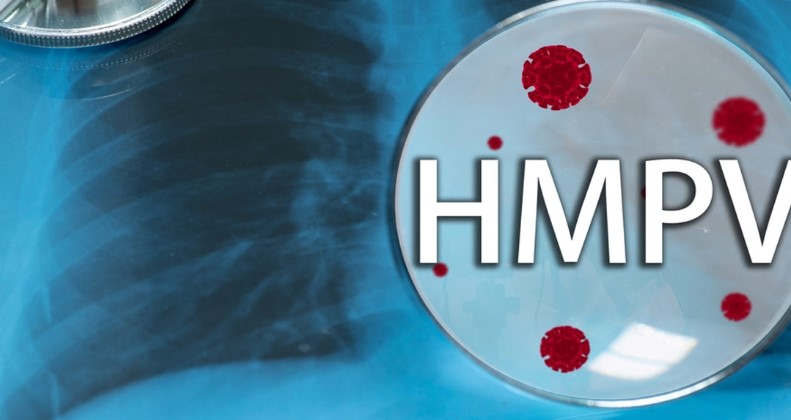
The Federal Government of Nigeria announced on Sunday that it would activate heightened surveillance protocols for inbound passengers from China in response to a surge in cases of the Human Metapneumovirus (HMPV), a respiratory virus currently spreading across northern China. This comes as the virus has placed significant strain on healthcare systems, with hospitals reporting overcrowding and emergency measures being enacted in the region.
HMPV, which primarily affects children, has been causing widespread illness, particularly in children under 14 years old, in northern China this winter. The situation has sparked concerns due to the large number of hospitalizations, accompanied by social media footage showing overcrowded medical facilities. While neighbouring countries, including Cambodia, Taiwan, and Hong Kong, are also monitoring the outbreak, no widespread infections have been reported outside of China thus far.
In response, the Chinese government has introduced preventive measures such as mask-wearing, social distancing, and public space disinfection. Despite these concerns, Chinese authorities have downplayed the outbreak, emphasizing that respiratory infections like HMPV are common during the winter season. China’s foreign ministry has reassured the public that this year’s surge is less severe compared to last year, and that cases are more limited in scale.
The World Health Organization (WHO) has issued guidance to mitigate the spread of respiratory illnesses in China. This includes recommending vaccinations for influenza and COVID-19, advising individuals to avoid close contact with those showing symptoms, and encouraging good hygiene practices such as frequent hand washing and wearing masks.
While HMPV and COVID-19 both cause respiratory symptoms, they differ in severity. HMPV tends to result in milder symptoms such as a common cold or flu, whereas COVID-19 can lead to more severe health complications, including long-term effects. HMPV is also a seasonal virus, typically peaking in the winter months, and it spreads similarly to other respiratory viruses through coughs, sneezes, and contaminated surfaces.
In Nigeria, the government has taken proactive measures to monitor and manage the potential spread of HMPV. Dr. John Oladejo, the Director of Special Duties at the Nigeria Centre for Disease Control and Prevention, confirmed that surveillance measures, including quarantine for passengers arriving from China, will be enforced.
Experts have praised the government’s response, highlighting the importance of continuous surveillance and early detection to prevent a potential outbreak. Dr. Moses Adewumi, a virologist at the University College Hospital in Ibadan, emphasized that constant vigilance is necessary, as viruses like HMPV can quickly spread, and new variants may emerge.
Similarly, Dr. Oladipo Kolawole, an Associate Professor of Infectious Diseases and Genomics at Adeleke University, Osun State, supported the decision to implement surveillance measures, stressing that monitoring travelers from affected regions is essential for containing the virus before it spreads within the community.
As Nigeria strengthens its efforts to curb the spread of HMPV, the global health community continues to monitor the situation closely, and WHO remains in communication with health authorities in China. The continued implementation of preventive measures and the activation of quarantine protocols underscore Nigeria’s commitment to protecting public health in the face of emerging viral threats.

Comments